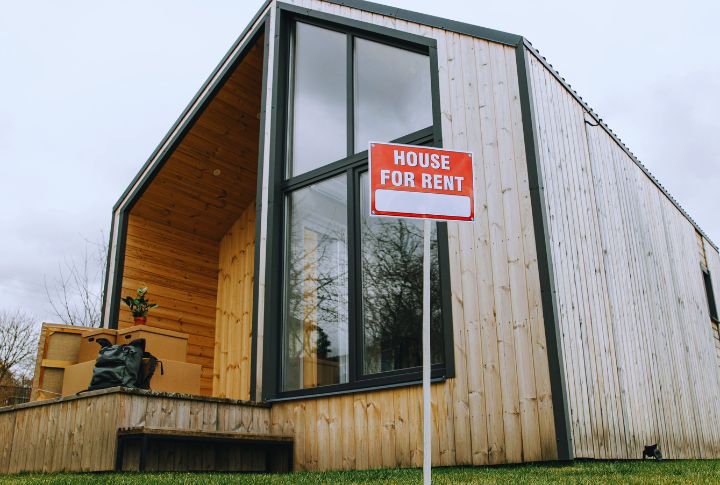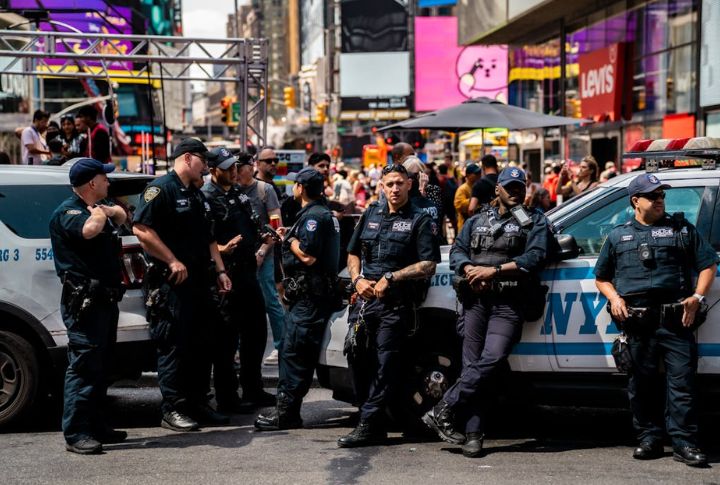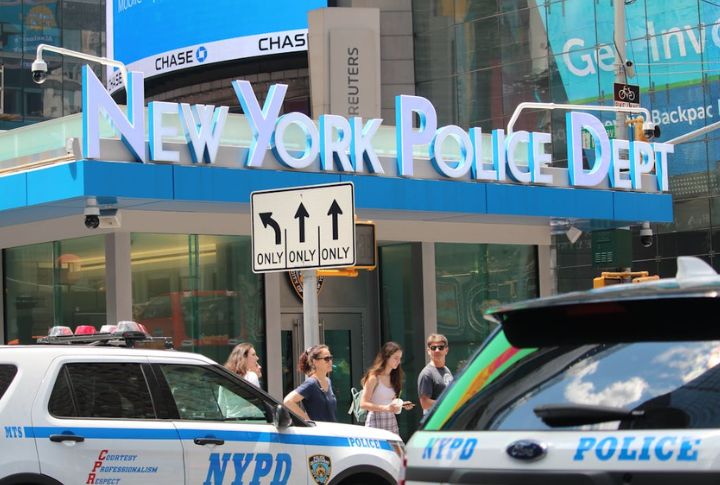
New York City is built on ambition and constant reinvention, but a socialist-led government could redefine its future. In June 2025, Zohran Mamdani—a democratic socialist and State Assemblymember—won the Democratic primary for mayor. Consider the 10 potential changes that could occur if socialist values were to take center stage in city governance.
Universal Rent Control To Stabilize Housing

Rent control remains a central feature in many socialist housing agendas. The idea is simple: by freezing rents, cities can create stability for tenants and push back against displacement. For promoters, this measure represents a safeguard against markets that prioritize landlords’ profits over public needs.
Decriminalization Of Drugs And Petty Offenses

Ideas for social reform start with redirecting resources away from policing. Instead of focusing on punishment for drug and minor crimes, some socialists advocate a public health approach. Such policies prioritize helping individuals get treatment and support.
Immediate Closure Of Rikers Island Jail

One of the most drastic shifts proposed is closing Rikers without simply building a replacement facility. The plans call for a focus on community-based care, reducing the need for incarceration. States like New Jersey and California have already shown that decreasing jail populations does not necessarily lead to an increase in crime.
Expansion Of Public Housing Units

A fundamental aspect of socialist policy is public ownership, and that principle often extends to housing. By expanding public housing construction, supporters hope to provide affordable options for all. The city of Vienna, for example, successfully houses a majority of its people in high-quality public units, sometimes even with pools.
Community Control Of Policing

Policing under socialism could shift toward elected community boards. COPS models, cited by the Department of Justice, show a 20% drop in complaints through partnership-based trust. San Diego State’s events reduced youth arrests, while Chicago’s 1990s decentralized model boosted satisfaction—each example showing how local control can reshape public safety.
Free Public Transit For Residents

Under socialist leadership, NYC could see free, fast buses as outlined by Jacobin. Kansas City’s fare-free system, started in 2020, raised ridership by 20%, according to city reports. The model shows how transit accessibility can expand opportunity and reduce inequality—especially in dense, economically diverse urban areas.
Universal Childcare For Families

If New York City adopted socialist policies, universal childcare could ease pressure on working parents while strengthening family support. According to the National Center for Biotechnology Information, such programs are linked to 10% better child health outcomes, suggesting clear social and economic gains if implemented across the city.
Defunding Police Budgets

Supporters point to mental health and housing programs as areas where those dollars might deliver more benefit. However, experiments in a few cities produced mixed results, as crime rates shifted in unpredictable ways. Still, the idea of reallocating police funding remains central to many socialist proposals.
Increased Corporate Taxes On The Wealthy

Socialist leadership could shift NYC’s tax burden from everyday residents to wealthy corporations. Advocates argue this redistribution creates a fairer balance. With higher corporate taxes, the city would gain revenue to fund essential public services—strengthening infrastructure, education, and healthcare while easing financial pressure on working families.
Government-Run Grocery Stores

In areas where people have limited access to healthy, affordable food, socialist plans could include opening public grocery stores. Such shops could provide a stable source of food in “food deserts” often ignored by private businesses. Cities like Baldwin and Erie already have similar models, which have been quite successful.
